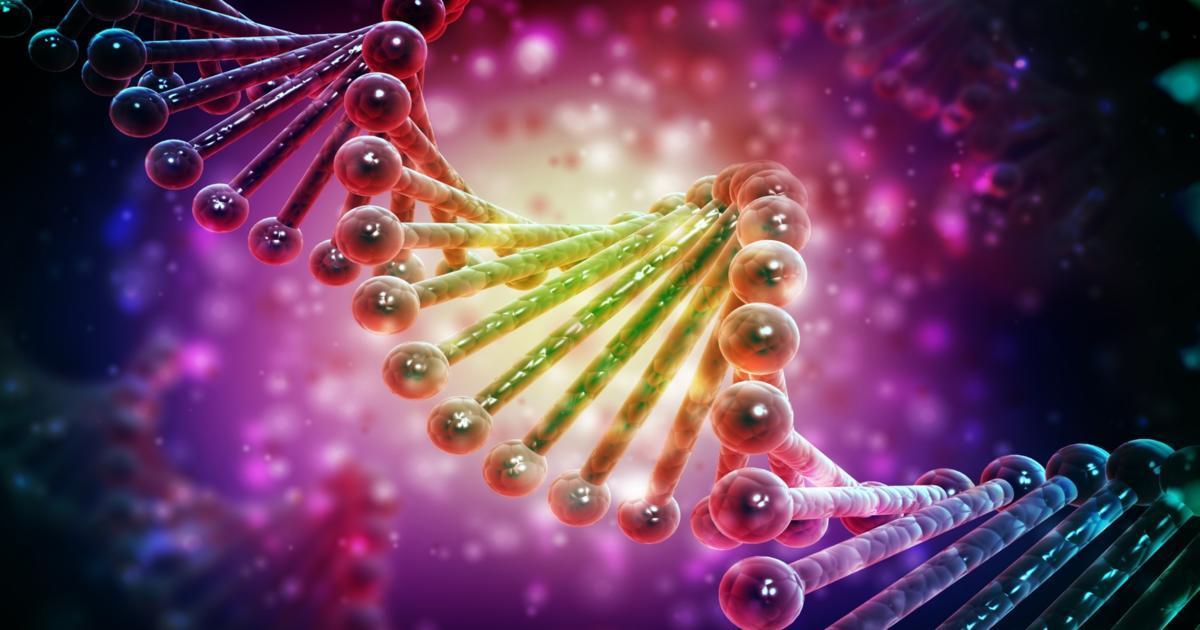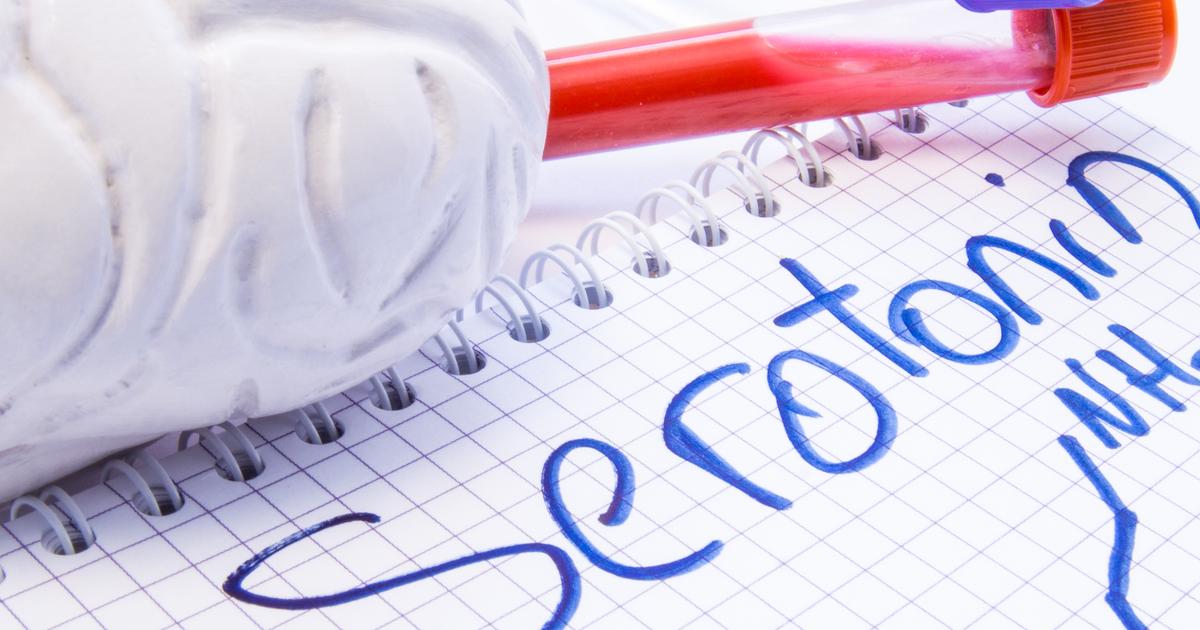10 Mind-Boggling Reasons Behind Your Pounding Migraines
It starts with a whisper – a strange scent, a flicker in your vision, an inexplicable craving. Then, the whisper escalates into a cruel symphony: a jackhammer pounding behind your eye, a searing nausea that twists your gut, and a crippling sensitivity that makes light and sound your tormentors. This isn't just a headache; it's a migraine, an insidious hijack of your senses that can steal hours, even days, of your life. For the millions who suffer, these debilitating attacks are a cruel enigma, often dismissed or misunderstood. But what if the relentless throbbing isn't always what it seems? What if the root causes are far stranger, more intricate, and utterly mind-boggling than you ever imagined? Prepare to have your perceptions about migraines shattered...
1. Genetics

Scientists are currently studying the relationship between genetics and migraines. Current estimates suggest children of parents with migraines have a fifty to seventy-five percent chance of developing the condition themselves. Research on familial hemiplegic migraines, a type of migraine that runs in families, has identified alterations of the CACNA1A, ATP1A2, SCN1A, and PRRT2 genes as a cause of this particular condition. The alterations are inherited through an autosomal dominant pattern, which means patients with only one copy of an altered gene inherit the condition. However, some patients with the inherited alteration never display symptoms of familial hemiplegic migraines. Additional research published in 2013 identified specific substitutions that occurred on the MTHFR gene as factors that increased a patient's likelihood of experiencing migraine symptoms.
2. Imbalances In Brain Chemicals

Researchers believe certain imbalances in brain chemicals could be a contributing factor in the development of migraines. Serotonin is currently recognized as one of the major chemicals that may contribute to migraines. As a neurotransmitter, serotonin helps nerve cells communicate with one another, and it is also responsible for the narrowing of the blood vessels that could increase pain sensitivity in patients with migraine headaches. A Taiwanese study published in 2017 investigated more than five hundred migraine patients found a strong correlation between migraines, depression, and anxiety. Imbalances of serotonin are known to cause depression, and a particular type of migraine known as serotonin migraine is associated with serotonin deficiency. Just before a serotonin migraine attack, the patient's level of serotonin will abruptly rise and fall. Given the association between serotonin and migraine, doctors often prescribe antidepressants such as selective serotonin reuptake inhibitors as part of a treatment program. For women, fluctuating levels of estrogen that occur with monthly menstrual cycles are also recognized as potential migraine triggers.
